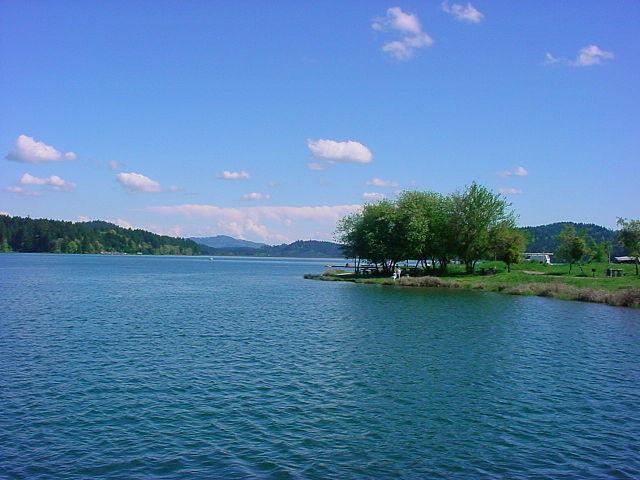
The Clean Water Act – a landmark piece of legislation – was passed in 1972 and has seen few changes since, despite the growing consensus of the need for more action to protect America's rivers, lakes and streams. In a big step forward for clean water, a coalition of environmental groups succeeded in forcing the Environmental Protection Agency (EPA) to adopt stricter standards for the management of industrial waste.
The move – agreed to earlier this month – is the result of the settlement of a lawsuit that challenged the EPA's industrial stormwater multi-sector general permit process, which is how certain polluters can get permission to discharge waste into waterways. The agreement will include funding for scientific studies on industrial waste, the prohibition of dangerous coal tar sealants, and clearer standards for the permitting process – all of which should reduce dangerous pollution in our water.
“In this settlement, EPA has agreed to start a process that will move the whole industrial stormwater program very quickly in a better direction and will provide scientifically grounded data to sustain many more years of improvements,” said said Edan Rotenberg of Super Law Group, who represented the coalition in the case, in a press statement.
The move was hailed by dozens of environmental nonprofits, which also see the impact reaching far into the future.
“This agreement enables long-term and far-reaching actions by EPA to implement effective pollution reduction measures,” said Tiffany Schauer, executive director of Our Children’s Earth Foundation, in a press statement. “We look forward to continued engagement with EPA and citizen groups to monitor progress toward our shared goals of improving management of industrial water pollution and enforcement of the Clean Water Act throughout the United States.”
One of the major challenges is that pollution has changed since 1972. Industrial factories now discharge chemicals that weren't even invented when the Clean Water Act was put in place, making it tough for the agency to properly regulate discharges. And, of course, intransigence by the Republican-controlled Congress has led to years of minimal funding growth for the crucial government agency, spreading the EPA's limited resources thinner and thinner every year.
The private sector also played a role in the final agreement, with two industry trade associations also signing off on the standards. Of course, as we've seen elsewhere, clearer and better-enforced standards can be a boon to the private sector. They allow for a more fair playing field and a clear cost structure well into the future. Opposing stronger, science-based environmental regulations is, these days, short-term thinking.
This a step in the right direction, but we need more action. A bill that would strengthen the Clean Water Act – the Clean Water Restoration Act – has languished in Congress for nearly a decade, despite support from a broad range of environmental nonprofits, governments and the private sector. Let's hope this move will embolden the push for stronger environmental standards to protect our water.
Image credit: Elyteragli via Wikimedia Commons

Nithin Coca is a freelance journalist who focuses on environmental, social, and economic issues around the world, with specific expertise in Southeast Asia.














